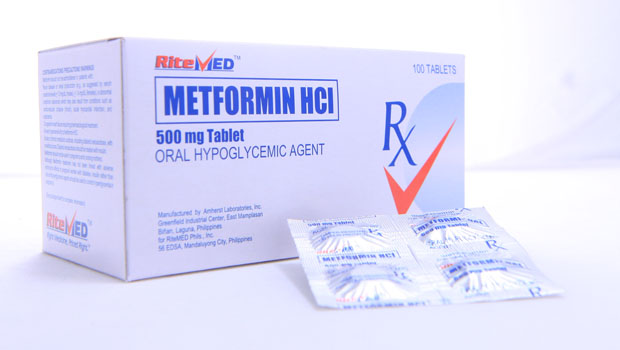Why People with Type 1 Should Take Care of Their Teeth

Integrated Diabetes Services (IDS) provides detailed advice and coaching on diabetes management from certified diabetes educators and dieticians. Insulin Nation hosts a regular Q&A column from IDS that answers questions submitted from the Type 1 diabetes community.
Q: After my Type 1 diagnosis, my doctor asks me regularly about my dental visits. Is there a connection I’m missing here?
A. Many are surprised to learn that diabetes comes with heightened risk of periodontal disease. Research seems to indicate that people with diabetes are more likely to have gum disease, and that gum disease can affect blood glucose control.
Like with most complications, heightened risk for gum disease is tied to blood sugar control – the poorer the control, the more likely a person is to develop serious gum disease. That’s because high blood sugar levels puts those with diabetes at risk of an increase in bacteria in the mouth, leading to possible infections in the gums and the underlying tissue in the mouth. At the same time, high blood sugars also decrease the body’s ability to effectively fight this bacteria.
Read “10 Ways Blood Sugar Control Helps You Now.”
Another oral complication to watch for is thrush, which is an infection caused by fungus in the mouth; thrush also is more common for those who smoke or are required to take antibiotics regularly. Also, people with diabetes are more at risk for dry mouth, as high blood sugars can cause dehydration that can lead to decreased saliva; dry mouth can cause soreness, ulcers, infections, and cavities.
Read “How Stress Hormones Raise Blood Sugar.”
To protect your mouth, the first thing to do is to manage your blood sugar levels the best you can. Also, stay on top of tooth and gum care by:
- Brushing and flossing teeth twice daily, or after each meal.
- Getting a dental checkup every 6 months
- Telling the dentist and hygienist you have diabetes.
- Telling your dentist as soon as possible if you discover any irritation in your mouth.
- Cleaning any dentures or other orthodontic devices daily to avoid the buildup of bacteria.
- Making sure to maintain healthy blood sugar levels around the time of any dental work to give your body the best opportunity to heal.
Good oral care is preventative medicine; it’s an important, and often overlooked, part of diabetes self-care.
Integrated Diabetes Services provides one-on-one education and glucose regulation for people who use insulin. Diabetes “coaching” services are available in-person and remotely via phone and online for children and adults. Integrated Diabetes Services offers specialized services for insulin pump and continuous glucose monitor users, athletes, pregnancy & Type 1 diabetes, and those with Type 2 diabetes who require insulin. For more information, call 1-610-642-6055, go to integrateddiabetes.com or write info@integrateddiabetes.com.
Thanks for reading this Insulin Nation article. Want more Type 1 news? Subscribe here.
Have Type 2 diabetes or know someone who does? Try Type 2 Nation, our sister publication.







